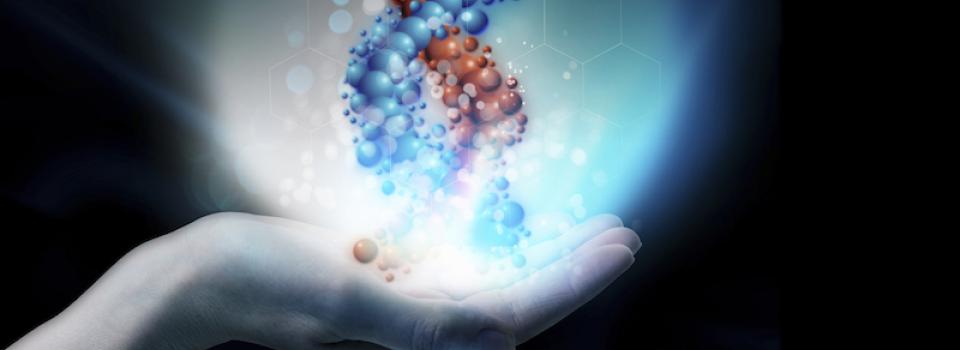October 2017 Workshop
Workshop Organizers
- Jeffrey Botkin, MD, MPH, Division of Medical Ethics, Dept of Human Genetics and Pediatrics at the University of Utah
- John Carey, MD, MPH, Department of Pediatrics at the University of Utah
- David Nichols, MDiv, Mount Tabor Lutheran Church, Salt Lake City
"God and Human Suffering: Conversations on 21st Century Genetics and Our Shared Future"
In Salt Lake City October 6-7, 2017, we engaged nearly 100 theologians, scientists, ethicists, geneticists, clergy and interested individuals from the community in presentations and conversations for a multi-disciplinary exploration of these and other questions facing us today. What is our shared mission as people of science, ethics, and faith? What is the role of recent dialogue regarding germ-line editing and in the development of regulations that both promote the alleviation of suffering, and protect the inherent diversity of our planet?
The realms of faith and science have often been portrayed in American society as either antagonistic or irreconcilable. But in many of the world’s religions there can be found a common ground between the two that is both mutually informing and edifying. Scientists have often described a sense of wonder or awe in the midst of research. People of faith often describe the same experience in the practice of their faith. Recent advances in scientific research continue to challenge our understanding of the physical world, our role as one species in that world, and religion’s role as an interpreter of meaning.
We now have the ability to permanently change the genetic make-up of our human species. If diversity is a founding principle of God’s Creation, how has our role as stewards of that Creation been impacted by the latest in genetic technology? The alleviation of human suffering is a central mission of both medical research and Christian ethics. Through the latest breakthroughs in scientific research, we now have a tool that can permanently alter the human germ-line in ways that could alleviate human suffering as never before. What could possibly go wrong? Before we use this tool bioethicists, scientists, and theologians have called for a “pause.” What might be some of the unintended consequences of permanently limiting the inherent diversity of not only the human species, but of any species of life on Earth? What harm might we avoid causing our shared future if we were to imagine together the costs and benefits of implementing the latest technologies in germ-line editing?
Keynote Speakers
- Dana Carroll, PhD, Dept. of Biochemistry at the University of Utah School of Medicine (Video Welcome)
- David Grunwald, PhD, Dept. of Human Genetics, University of Utah School of Medicine
- Ted Peters, PhD, Pacific Lutheran Theological Seminary
- C. Matthew Peterson, MD, Dept. of Obstetrics and Gynecology, University of Utah School of Medicine
- W. Mark Richardson, PhD, President and Dean of Church Divinity School of the Pacific
- Hava Tirosh-Samuelson, PhD, Director of Jewish Studies and Professor of History at Arizona State University
- Janet L. Williams, MS, LGC,, Director, Research Genetic Counselors, Geisinger Health System, Danville, PA


